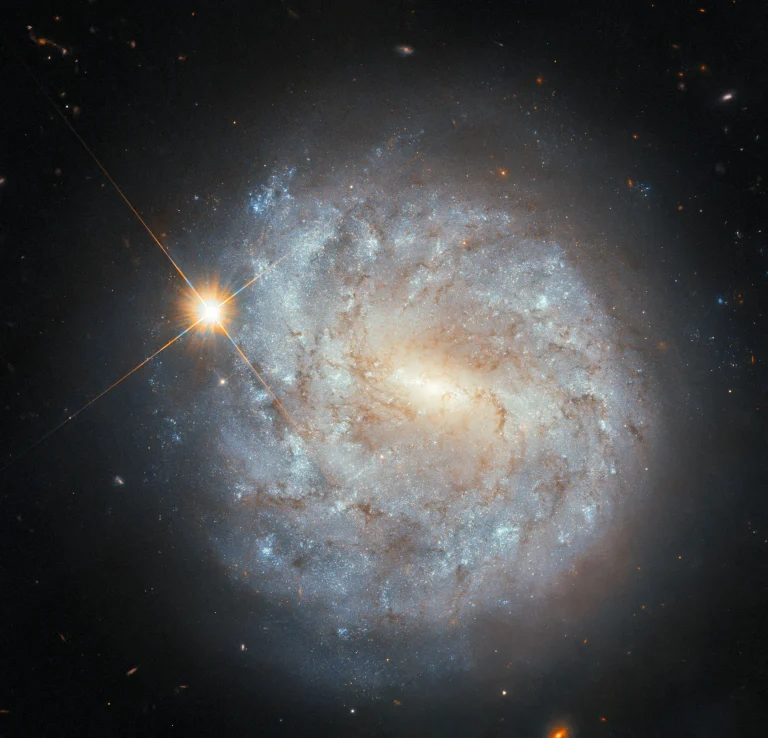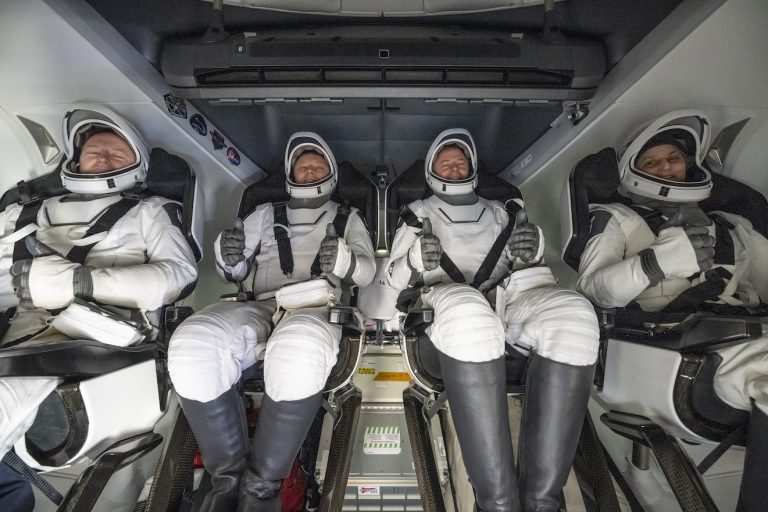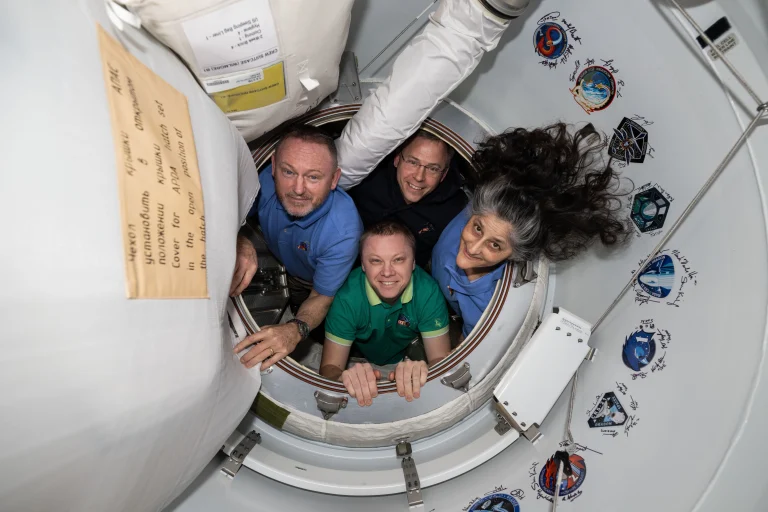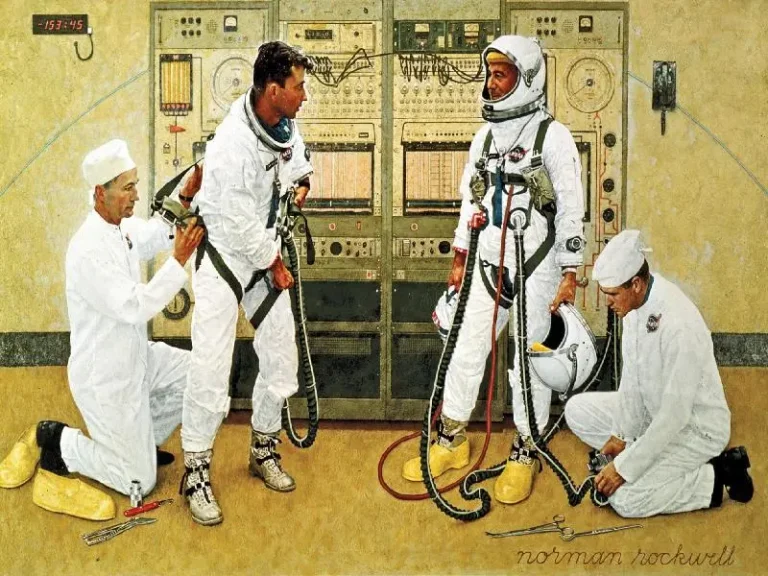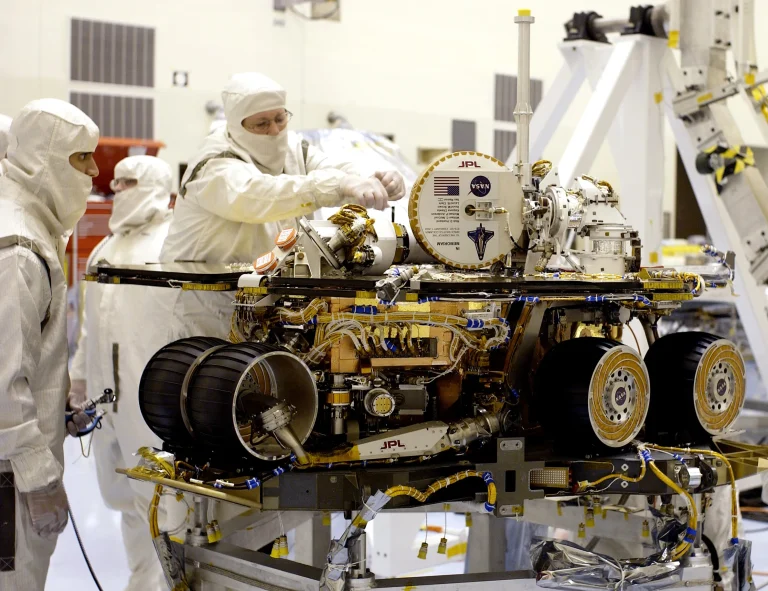NASA astronaut Mark Vande Hei works on Celestial Immunity, an investigation of how gravity affects immune response, potentially supporting development of new vaccines and drugs to prevent and treat existing and emerging human diseases.
Celestial Immunity evaluates the effects of gravity on functional immune response and the role of age in regulating immune pathways, using cells from elderly and younger adult donors. It builds on earlier space station studies that evaluated the function of white blood cells, extending the observation period from hours to days and expanding the analysis to an array of activated immune pathways. Gravity, convection, and buoyancy interfere with cell behavior in laboratory-based studies on Earth, but microgravity eliminates these factors. Results could support development of new vaccines and drugs to prevent and treat existing and emerging human diseases. During the week, crew members processed samples for the investigation.
Image Credit: NASA
NASA宇航员马克·凡德·黑(Mark Vande Hei)从事天体免疫(Celestial Immunity)研究,研究重力如何影响免疫反应,有可能支持新疫苗和药物的开发,以预防和治疗现有和新出现的人类疾病。
天体免疫利用来自老年人和年轻成年人的细胞,评估重力对功能性免疫反应的影响以及年龄在调节免疫通路中的作用。它建立在早期评估白细胞功能的空间站研究的基础上,将观察期从几小时延长到几天,并将分析扩展到一系列激活的免疫途径。在地球上的实验室研究中,重力、对流和浮力会干扰细胞的行为,但微重力消除了这些因素。研究结果可以支持新疫苗和药物的开发,以预防和治疗现有和新出现的人类疾病。本周,机组人员对样品进行了处理,以便进行研究。
图片来源:美国国家航空航天局



